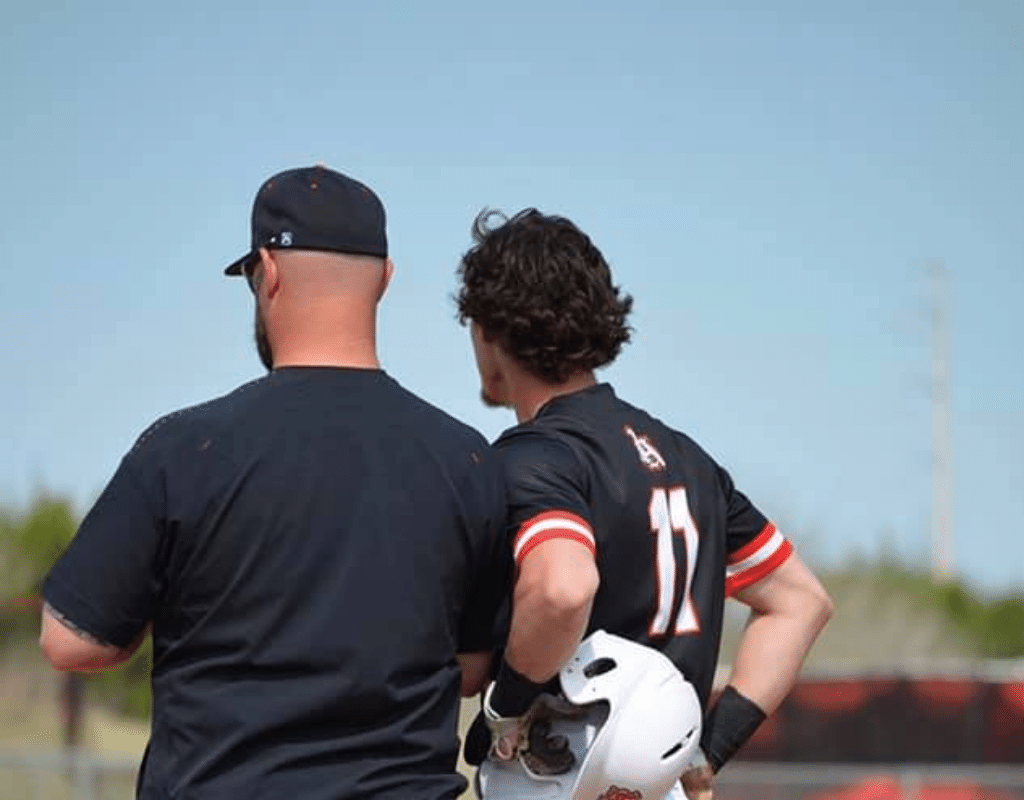A few years ago, the head volleyball coach at Amarillo High School in Texas' panhandle, Kori Clements, announced her resignation.
Was it because of an unsuccessful season?
Definitely not. The Sandies went 33-14 before losing in the regional semifinals.
Was it unethical behavior? Some scandal or rules infraction?
Nope. Not that either. Though, I'm sure there were rumors.
So what was it? What would cause Clements, an Amarillo grad who also won a national championship as a Nebraska Cornhusker, to resign from her alma mater after her first season at the helm?
In a word: politics. In her statement, Clements explains, "I cannot and will not compromise the integrity of my decisions based on a parent’s political pressure or position. I believe strongly in the value of athletics, that being a part of a team is a privilege, and playing time is earned."
And all the coaches (and wives) said, "AMEN."
Now we don't know the whole story, or at least her whole story.
But we do know this story of politics, parents, and pressure is not an isolated event.
We've all witnessed it. The emails, the complaints, the being cornered after a game, the late night emails and calls, the demands and threats from angry parents who think they know better than the coach whose job is literally on the line with every win and every loss.
So parents, I write this to implore you: we're losing good ones. Good coaches and good teachers are leaving the profession because it's so hard to do it with integrity.
I get it, your kid deserves to play. She has worked so hard, and if only that coach could see what you see.
Listen, I know there are bad coaches in the world. I've played for some and I've worked with some. But the vast majority of coaches see our athletes much more clearly than we parents do. We love our kids so stinking much (not a bad thing) and we want the best for them (not a bad thing), but can't we all admit that that big love might make us a little shortsighted?
And can't we admit that fighting our kids' battles is not what's best for them?
You know what IS the best for them?
Overcoming adversity. Working harder than everyone else. Getting better just for the sake of being better than they were yesterday. Learning to have hard conversations. Staying late at practice. Taking extra shots. Running extra sprints. Busting their tail in offseason. Failing.
It's hard, I know. And it's even harder to put into practice.
So let's just commit to this one thing: Let your kid have the first conversation.
Help prepare him/her for the conversation. A few good questions? How can I get better? What can I do at home? What are a few specific things I need to work on?
And then let's ask ourselves one thing: What's my end goal for my kids?
Of course we want our kids to play, maybe even be the star of the team, but is that really what's best for them? Sometimes the best lessons are in the losses not the wins, the sitting the bench not the raising the trophy. Maybe it's better for our kids to learn hard lessons like selflessness, humility, and sportsmanship. We're not trying to raise entitled, spoiled, frail adults, are we? We're trying to raise God-fearing, compassionate, resilient human beings who won't balk at the first sign of adversity.
So let's start with the end in mind. We're doing our kids no favors.
And we're losing a lot of good educators along the way.

